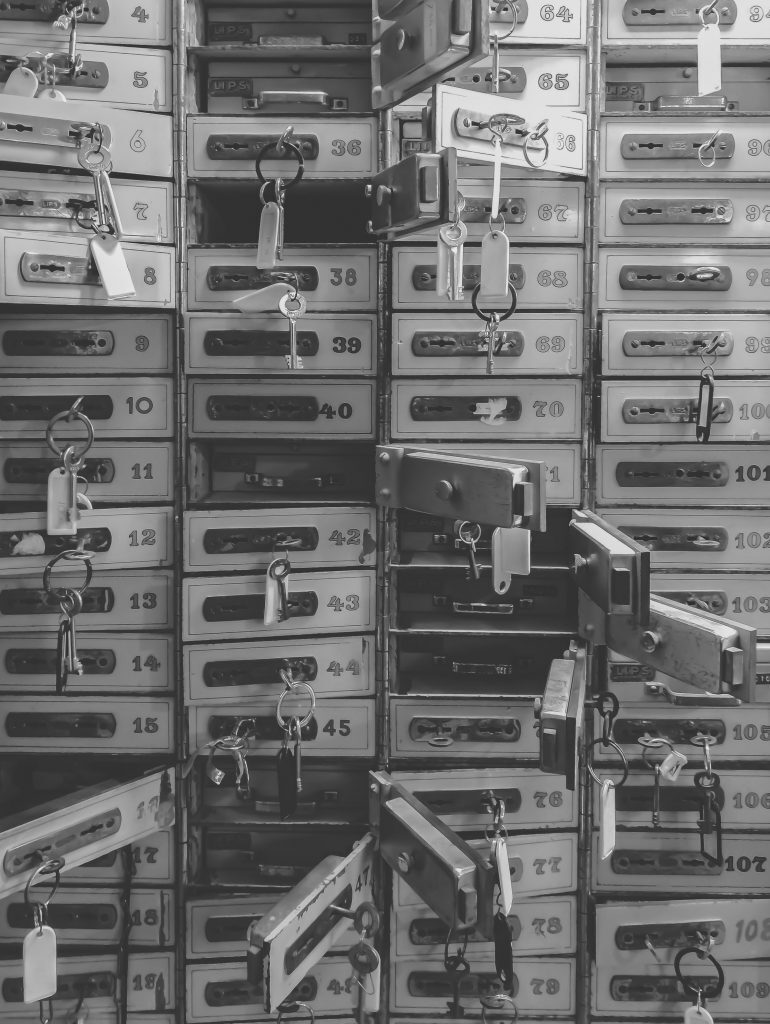- >News
- >US Banks No Longer Need to Keep Your Money on Hand
US Banks No Longer Need to Keep Your Money on Hand
America is often the country to experiment with new forms of policy, both governmental, and economic. Some decisions made by the government are analogous to the conquerors and explorers burning their boats. That is, there is no turning back. If those decisions weren’t made, then perhaps there would be a way for us as a society to return to the place we were before.
The popularization of the idea of burning the boats dates back to 1519. Spanish conquistador Cortés upon arriving in Mexico ordered his followers to “burn the boats”. This strategy of deliberately putting yourself in a state of no return forces you to think only of how to manifest success. This strategy works for business as well. By employing a do or die strategy in business, it indicates to the employees to think only of the path forward. Albeit risky, the strategy has been hailed and recommended by industry giants. So then, how do you feel about the American government burning their metaphorical boats?

The Banks Don’t Need to Keep Your Money
Fractional reserve banking is the idea that the banks only need to keep a certain amount of money on hand, or in reserve. Banks realized early in their history that not everyone wants, or needs to withdraw their money at any one point and time. This allows them to put the money that is not in use, to work, by lending it to other people. There is a large downside to this way of banking. If a large group of people do want their money from the bank, they might not be carrying enough money to give everyone their balance. This is known as a bank run, and can result in the failure of banks as seen in the Great Depression. The most recent instance of bank runs occurred in 2008 during the housing crash.
On March 26 2020, the United States removed the reserve requirement. This effectively means that banks no longer need to keep any of their money on hand, if they don’t want to. This doesn’t mean that banks will keep 0% of their users’ balance on hand. It means that banks are free to set their own ratio, as they see fit. A number of other countries have already taken this step, such as Canada, New Zealand, Australia, and Switzerland. Keeping with the theme of this article, dropping the reserve requirement is one of the boats that the governments just burned.
Infinite Printing Power
Most world governments have increased their money supply in the wake of the financial crisis caused by COVID-19. While this stimulus spending seems like a necessary action to take in response to the economic crash, the side effects are likely to ripple far into the future. At some point and time, regular tax paying individuals need to foot the bill for the additional cash in the system. As the money supply increases, the buying power, or the value of existing dollars in circulation decreases. This is the problem of inflation. People are being forced to ask tough questions about how it is possible for the globe to collectively print $7 trillion dollars. This unprecedented level of government spending is at a time where bitcoin is cutting its inflation rate in half. This dichotomy is driving the burning of the second ship.
The second ship that we’re burning is the secret behind how our money works. Most world currencies are FIAT based. Meaning, they are backed by the authority of the government. People are wondering why they need to go to work, while they are receiving $1200 stimulus checks. Why do I need to work, or even pay taxes when the government can just print more money? Financial literacy is at an all time high in terms of public interest. Education is the cat that you can’t put back in the bag.
Interest Rates go to Zero
A zero interest rate policy (ZIRP) is when the central bank cuts its interest rate to zero, or near zero. Central banks will do this in order to insulate the economy against further damages. The idea is that people are spending more time indoors, and not spending money. In order to encourage more spending, the interest rates get lowered, making cash, and credit easier to obtain. This is yet another ship that is being burned, as other countries that have experimented with ZIRP have found themselves in liquidity traps.
There is No Turning Back
We are officially living in a different world, than the one we remember from 2019. Minds are forever turned onto the hazards of spreading germs, and infected by the widespread economic collapse. The metaphor of burning boats holds true from an economic standpoint. Quantitative easing is not as easily reversed as it is implemented. It is a lot easier to print more money, than it is to burn it. In a lot of ways, the actions we are taking are one way streets.
Experts are well informed on what takes place during an economic collapse. However, we are all in relatively new territory with respect to our current economic situation. We have little historical context to draw on with respect to predicting what our current actions will do to the economy of the future. While we experiment with government money, another experiment is taking place on a scale as grand as the world economy. That is the experiment of unregulated, untethered, global internet money. A growing number of individuals are burning the boat of the US dollar in favour of the new land of bitcoin, and cryptocurrency. When burning boats, it is important we do it confidently, and completely.


